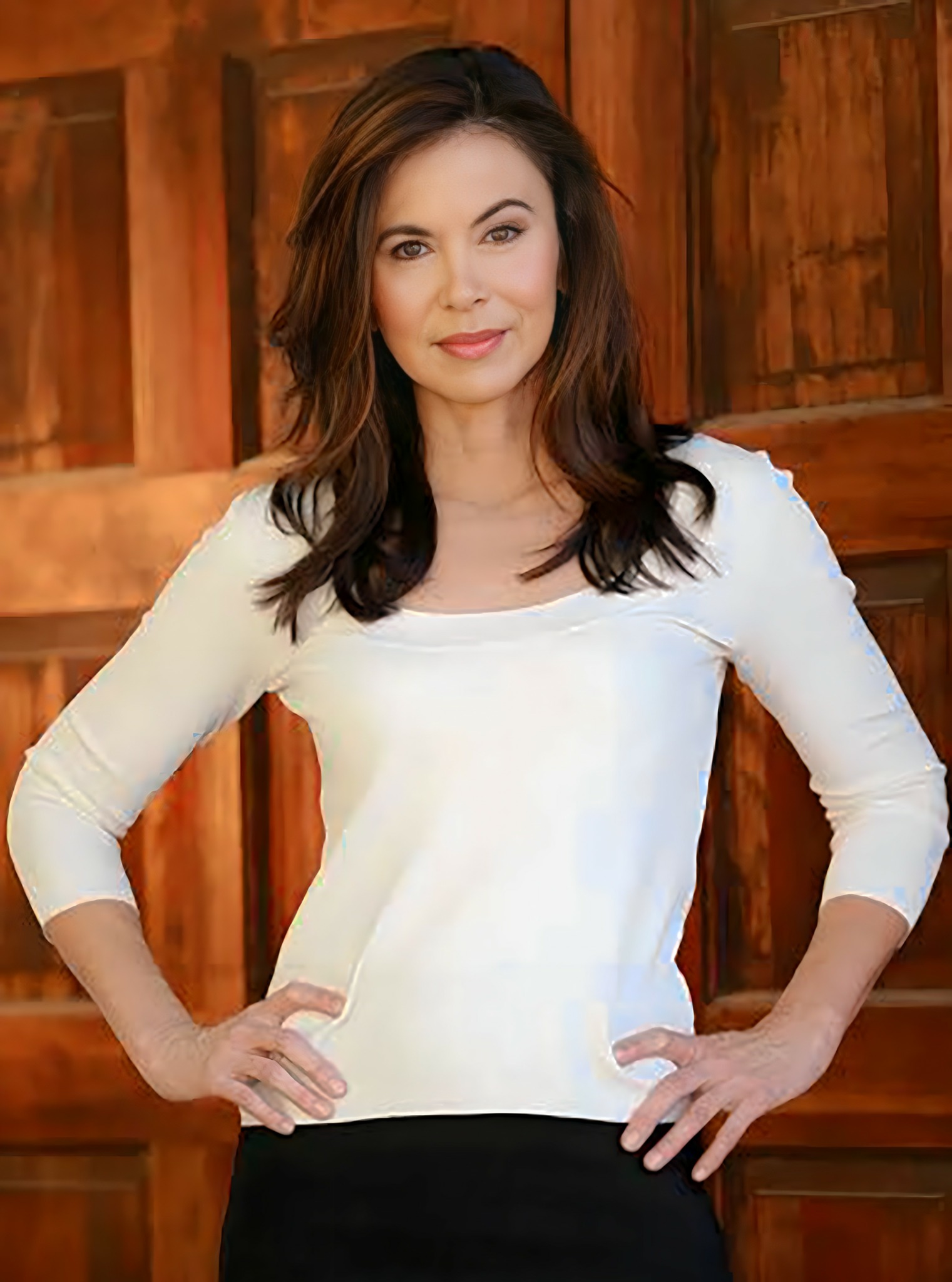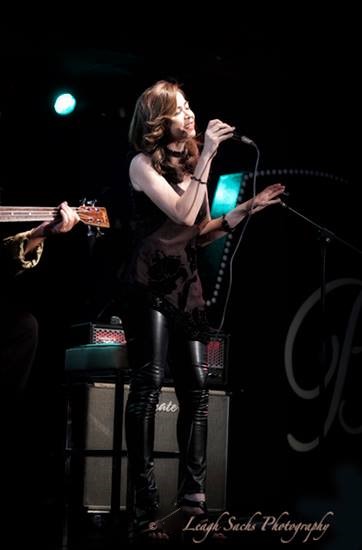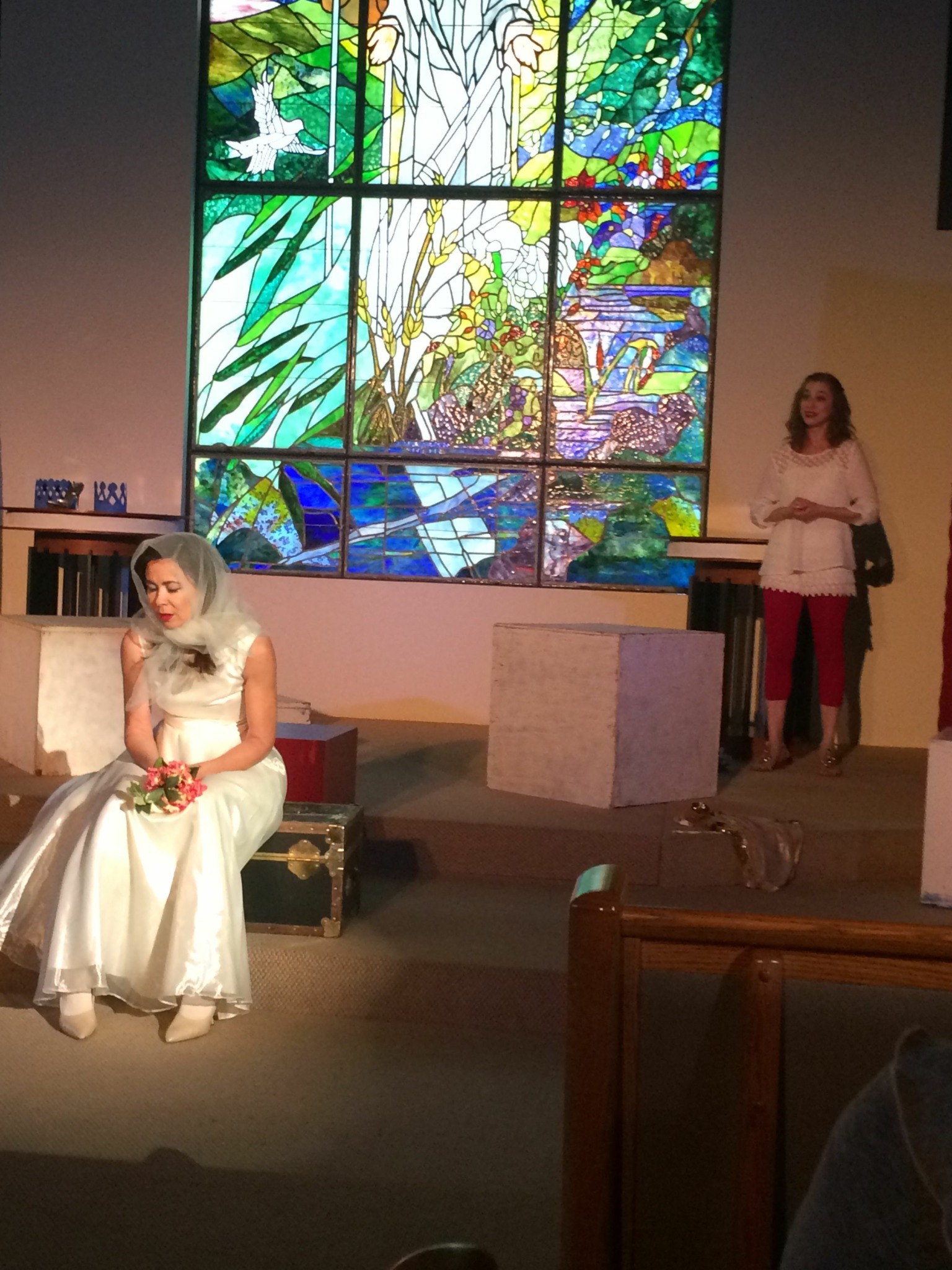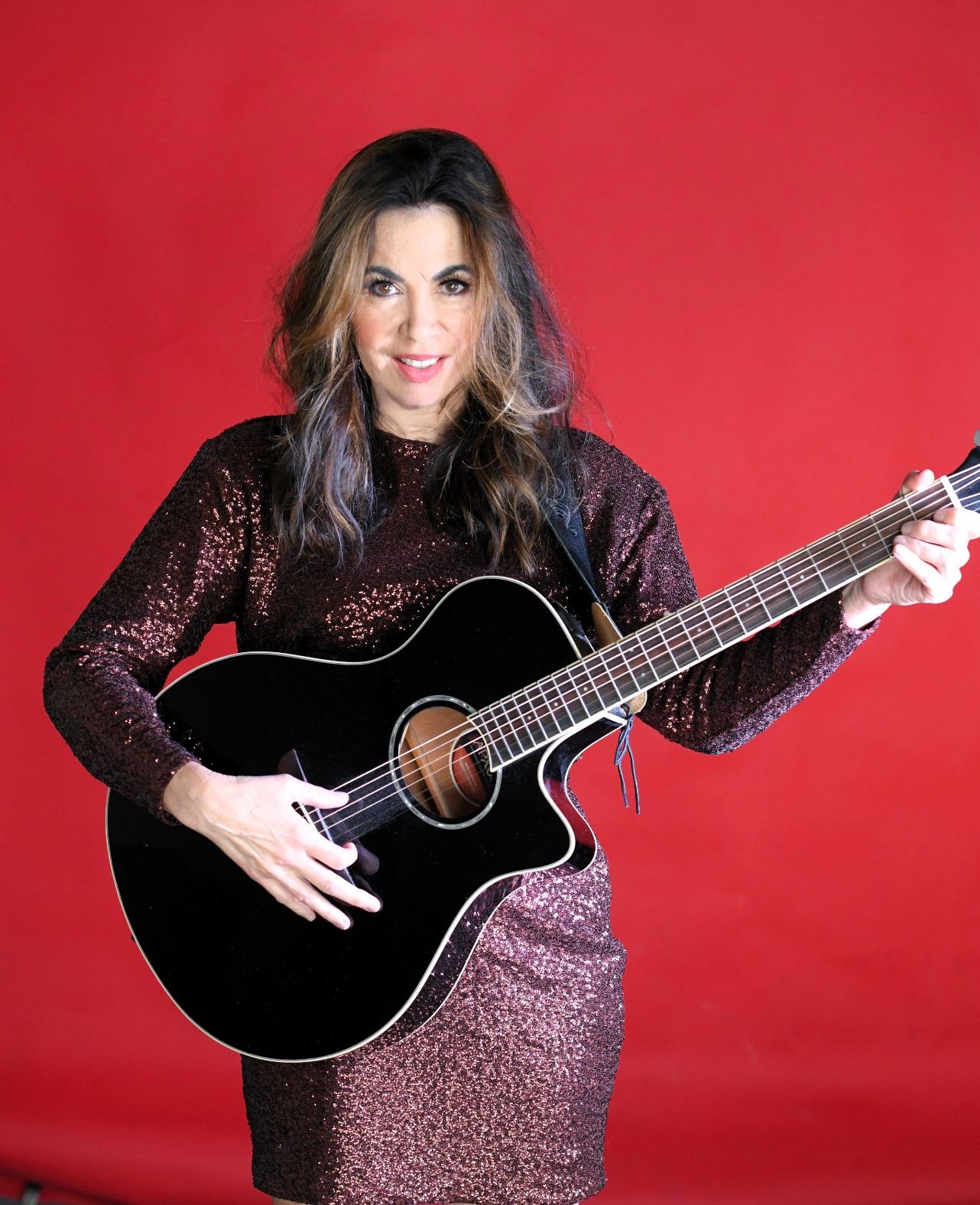We recently connected with Kimbra Westervelt and have shared our conversation below.
Kimbra, appreciate you joining us today. Do you wish you had waited to pursue your creative career or do you wish you had started sooner?
I come from a diverse background. My father, an artist at heart, had many friends who were working actors in Los Angeles. My mother was more prudent, and growing up in Orange County, I was surrounded by “traditionalists” with conservative work ethics and values. I grew up wanting to do the thing that was expected of me, and not take risks. I’ll never forget my high school drama teacher telling me that I was the most talented person in class but I wasn’t bold enough to audition for the school plays. I was too self-conscious to hang out with the “theatre crowd” because they were not considered “cool” at my school. Fortunately, from a young age, music was always a part of my life. I discovered I could sing at about seven, and my grandmother who had been an opera singer would tell me stories of her performing days which did inspire me to a certain extent. As I grew a little older my father, who had friends teaching at the Lee Strasberg Theatre Institute in L.A., signed me up for their acting program as a teenager. That was my first glimpse into the world of stage acting. By the time I first went to college I still was not fully able to commit myself to being an artist, so I declared international business as my major and did not pursue the arts but in my heart that’s what I wanted to do. Luckily, after one semester in college, I changed majors and focused on liberal studies and eventually English and music. Simultaneously, I got into my first Equity stage musical and actually got paid. The point is I wish that from those early high school years, I would have just been true to what I wanted to do and not be so concerned about what other people thought. Being focused from a very young age is a significant advantage-especially in the entertainment industry. Staying immersed and working hard are key. Having said that, I am incredibly grateful to my mother for her practicality. I believe it has made me much more level-headed.

Kimbra, before we move on to more of these sorts of questions, can you take some time to bring our readers up to speed on you and what you do?
I have been a professional singer, musician, and actor for a while now. I have toured Europe, Asia, the Middle East, and Africa with various musical groups, and recorded songs that have been placed in movies and television. Presently, I work as a singer-songwriter, actor, and voice-over artist in Los Angeles. When I am not performing or recording, I work as an educator and private coach in music as well as English. During the pandemic, a friend of mine asked me if I wanted to start a podcast with her. After about two years we built up a good following and it was a great experience. As things got back to normal we both decided we wanted to focus on different themes within the podcast and decided to start new podcasts separately. My new podcast is called Candid with Kimbra which you can find on YouTube and also Spotify. I have a wide range interests but I have a lot of experience in the entertainment industry. I know many talented and successful individuals whether they are filmmakers, musicians, or authors. Many of my guests are independent artists who have learned how to get things done by creating projects without a lot of resources and seeing them to fruition. The entertainment industry today is very much DIY and it can be a little daunting. I wanted to share what I know and what my guests know with a wider audience. My main goal is to be entertaining but educational.

Is there something you think non-creatives will struggle to understand about your journey as a creative? Maybe you can provide some insight – you never know who might benefit from the enlightenment.
I think a lot of non-creatives don’t see the value in the arts if it’s not bringing in a lot of money from the start. I believe there’s a value to being creative that is good for the soul and to a greater extent society. For instance, I work one day a week for a nonprofit teaching music to pre-teens. I think learning music or another art form, whether it be singing, learning an instrument, musical theatre, dance, acting, etc. is a wonderful outlet for kids, young adults, or anyone. Through the arts there is access to culture and also a way to express yourself. It can be a way to gain insight into the things you may be experiencing as a young person. As I mentioned earlier, I always wanted to fit in when I was teenager and didn’t place value in the arts as much as I wished I would have as a younger person. Even though I am a working performer now and have fully embraced being a creative person, I try to encourage others to learn as much as they can from an early age. I can’t stress enough the importance of hard work and staying focused if you want to turn it into your vocation. The entertainment industry is super competitive and, I believe, you have to feel that you can’t do anything else.

How can we best help foster a strong, supportive environment for artists and creatives?
When the economy is a little shaky or unstable the first thing they do is cut back on the arts. As I mentioned earlier, there’s an intrinsic value that non-creatives may overlook. But we should always try to sustain them, especially in our public schools. It’s one of the best ways to keep kids from getting involved in things that may not be the healthiest for them. They can also learn self-confidence and, hopefully, it will help them to express themselves. If you live close to a major city, there are resources for arts education. Luckily, there have been individuals who have been fortunate to make a lot of money and have decided to give back and keep these programs going. There are organizations such as Inner-City Arts, Mr. Holland’s Opus Foundation, and others. Even organizations like the Salvation Army have started a creative arts division. I know firsthand that the Salvation Army in Orange County developed a wonderful program. It’s a program that offers music classes for free because of a generous donor. If we maintain these kinds of programs that can help young people, it may help them to grow up to be well-rounded, healthy adults. Learning never stops. I also recommend the arts to adults seeking a creative outlet-perhaps something that they always wanted to try-even if it’s just a hobby. It keeps your brain adaptable in an ever-changing world. It’s never too late to learn or pursue something you want to try.
Contact Info:
- Website: https://www.kimbrawestervelt.com
- Instagram: @kimbrawest
- Linkedin: https://www.linkedin.com/in/kimbrawest/
- Youtube: @CandidwithKimbra
- Other: https://kimbrawest.com


Image Credits
Michele Marotta
Leagh Sachs


